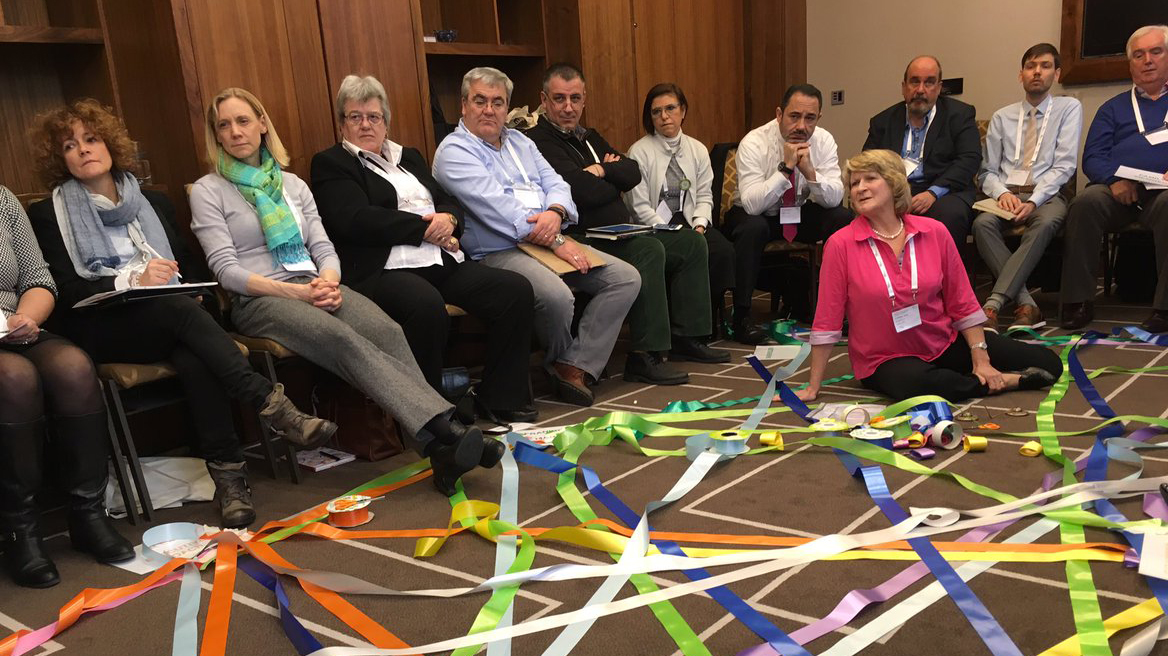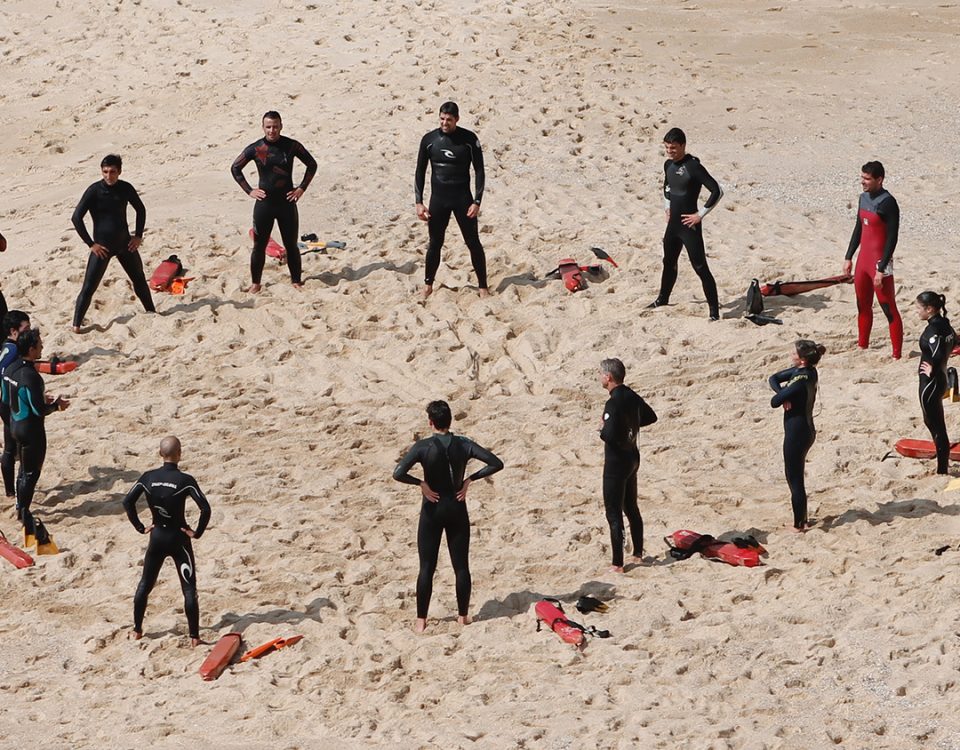
Managing the web of practical, psychological and professional contracts
10th March 2017
Individual coaches and multiple stakeholders
30th March 2017Smartphones, likes, addiction and trekking

Like 6 million other people, I found Simon Sinek’s recent video interview on YouTube entertaining, thoughtful and challenging. Sinek is a speaker and author, and writes about leadership.
In the video, he talks about how millennials (people born between the early 80s and the late 90s, many of whom are now in the workplace) are addicted to social media and smartphones. He says that an ’entire generation has had access to an addictive, numbing chemical called dopamine through social media and cellphones,’ and they they had this as they went through the high stress of adolescence. He then traces the effect of that in business life, and how young people in work relate more readily to their devices than to people.
Reflecting on the video, I realised that it’s not just millennials who are addicted to their smartphones. I too am conscious that I don’t like going out without my phone. I find it difficult to watch a programme on television without glancing at my phone when I hear a ping announcing the arrival of a text or email. It’s all too easy to check for emails at coffee breaks and lunchtimes when attending or facilitating workshops, and I know it takes me away from the present and the people who are there with me.
Just the other day I commented to a friend that I find it hard to sit down and read a book, newspaper feature or journal article for any length of time. I’m increasingly aware that I flit over headlines, move onto the next paragraph and soon move on to the next item. As a recent Twitter account holder (nine months now) I find myself checking for likes and retweets, and I especially like it when people comment about an event or workshop I have facilitated, or an article I have offered.
I notice too that when I’m with friends, and we want an answer or need information, one or another of us quickly googles it, bypassing any possibility that we might actually know or remember the answer, if we only gave ourselves a moment or two. Heaven forbid that I might ring someone up, have a chat, and ask them if they know the answer. No, I text them!
All this takes up so much time and distracts me from my main purpose, taking me away from where I get my sense of fulfilment and purpose, which is dialogic relationships with colleagues and clients in the world of coaching and supervision.
Every now and again, I think back to my hugely impactful experience of trekking in the Himalayas. It changed my life for the good, when I lived the walking up the mountain, one step at a time, because that is all we can do: tacking across the paths to reduce the pull of gravity, and thus walking much further than if I had walked in a straight line towards to summit; resting when I needed to, unable to hurry as there wasn’t much oxygen; asking for help to carry the daypack so I could keep up while one of the sherpas was carrying my ‘baggage’.
And there were certainly no iPhones or iPads. I felt a glorious sense of freedom just to be on the mountain, with a few fellow travellers, getting to know each other, walking in the most beautiful environment, knowing we would only get as far as the group would get in any one day. Needless to say, we never reached the top of Mt Everest in the literal sense, but the journey towards it has been life changing.
Maybe we all need to go trekking every now and again.




